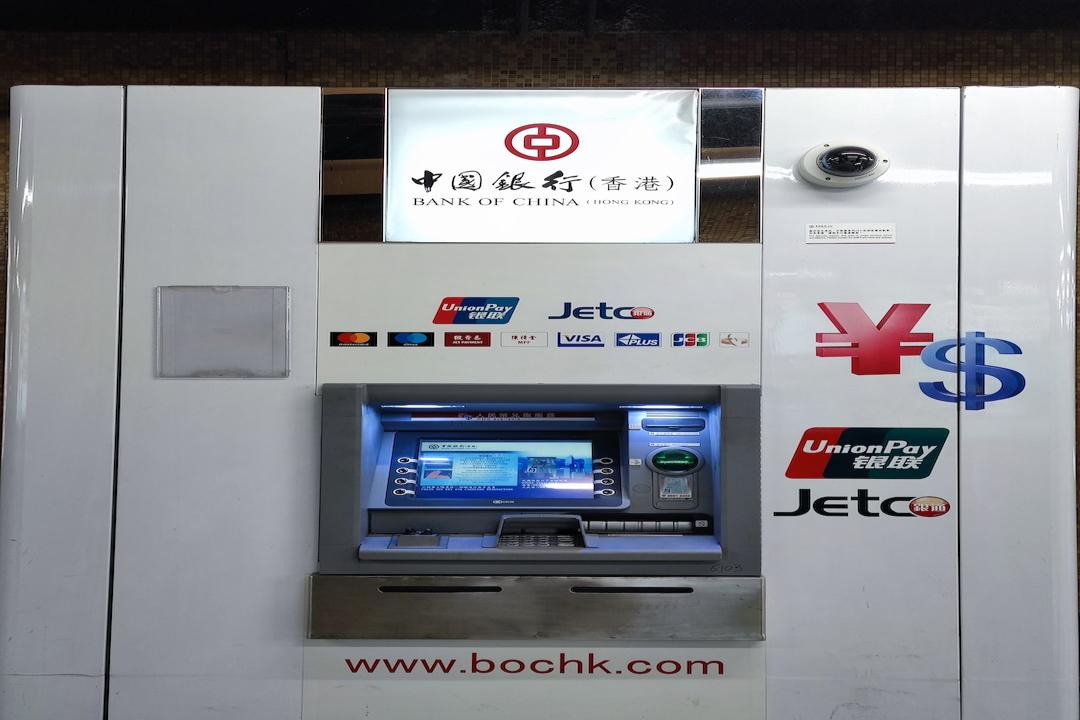Exploring the Impact of NFT Marketplaces on Today’s Economy

In recent years, the world has witnessed an extraordinary surge in the popularity of NFTs (non-fungible tokens). These unique digital assets, powered by blockchain technology, have completely transformed our understanding of ownership and scarcity in the digital domain. NFTs have opened up new avenues for creativity and investment across various industries, including art, collectibles, music, and gaming.
At the heart of this revolution lies the NFT marketplace, a crucial player in the ecosystem. These digital platforms serve as the meeting point for creators, collectors, and enthusiasts, facilitating the buying, selling, and trading of these one-of-a-kind digital assets. NFT marketplaces have become the vibrant hubs of a thriving community, enabling seamless transactions and fostering a sense of belonging for artists, investors, and enthusiasts alike.
One of the most empowering aspects of the NFT revolution is the newfound ability for artists and creators to showcase and monetize their digital creations like never before. By tokenizing their unique works, they can ensure scarcity and provenance and sell them on NFT marketplaces. This has unlocked a world of opportunities for individuals to realize the true value of their digital assets and connect with a global audience of collectors and admirers, ushering in a new era of creativity and entrepreneurship.
The impact of NFT marketplaces extends far beyond the art world, attracting significant attention from investors and speculators. The potential for NFTs to appreciate in value, coupled with the transparency and immutability offered by blockchain technology, has sparked a frenzy of investment activities. Collectors and investors are drawn to these marketplaces, engaging in fierce bidding wars to acquire rare and valuable NFTs, presenting a unique opportunity for financial gain.
Moreover, the influence of NFTs has expanded beyond art and collectibles and has found its way into gaming and metaverse projects. NFTs are now used to represent unique in-game assets, such as characters, weapons, and virtual real estate. This integration has elevated the gaming experience and created new revenue streams for developers and players alike.
As the popularity of NFTs continues to soar, NFT marketplaces have evolved to cater to the diverse needs of the community. These platforms strive to provide a seamless and secure trading experience through user-friendly interfaces, advanced search filters, robust security measures, and enhanced liquidity.
Furthermore, the emergence of different blockchain networks and their respective NFT standards has led to the development of specialized NFT marketplaces that cater to specific blockchain ecosystems. This diversification encourages competition and innovation as marketplaces aim to offer unique features and attract a loyal user base.
The future of NFTs and their associated marketplaces is incredibly promising, brimming with potential. As mainstream adoption continues to grow, we can expect more industries and sectors to embrace NFTs as a means to represent ownership, authenticity, and scarcity. However, the possibilities do not end there. The integration of emerging technologies, such as augmented and virtual reality, could further enhance the NFT experience, blurring the boundaries between the digital and physical worlds and opening up a world of exciting possibilities.
Even now, the surging popularity of NFTs has sparked a revolutionary shift in how we perceive and value digital assets. NFT marketplaces have become the epicenters of this transformation, connecting creators, collectors, and investors in a vibrant and dynamic ecosystem. As this technology continues to evolve, we can expect even more thrilling developments and opportunities to emerge in the NFT space and its associated marketplaces.
Follow us on Google News.
Disclaimer: The above text is an advertorial article and is not a part of Cryptonews.com editorial content.

